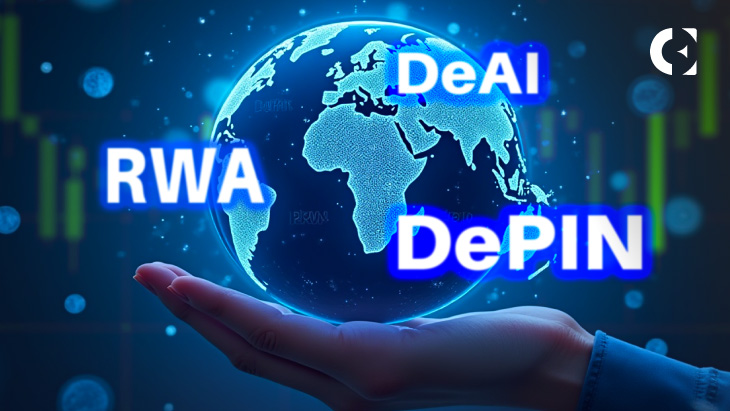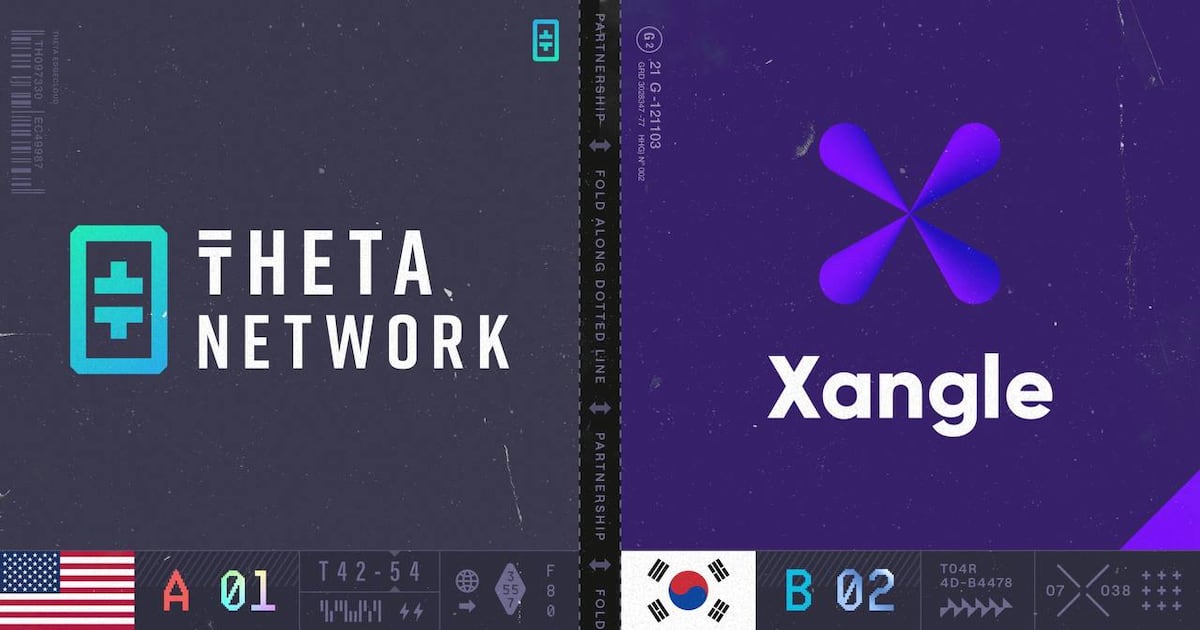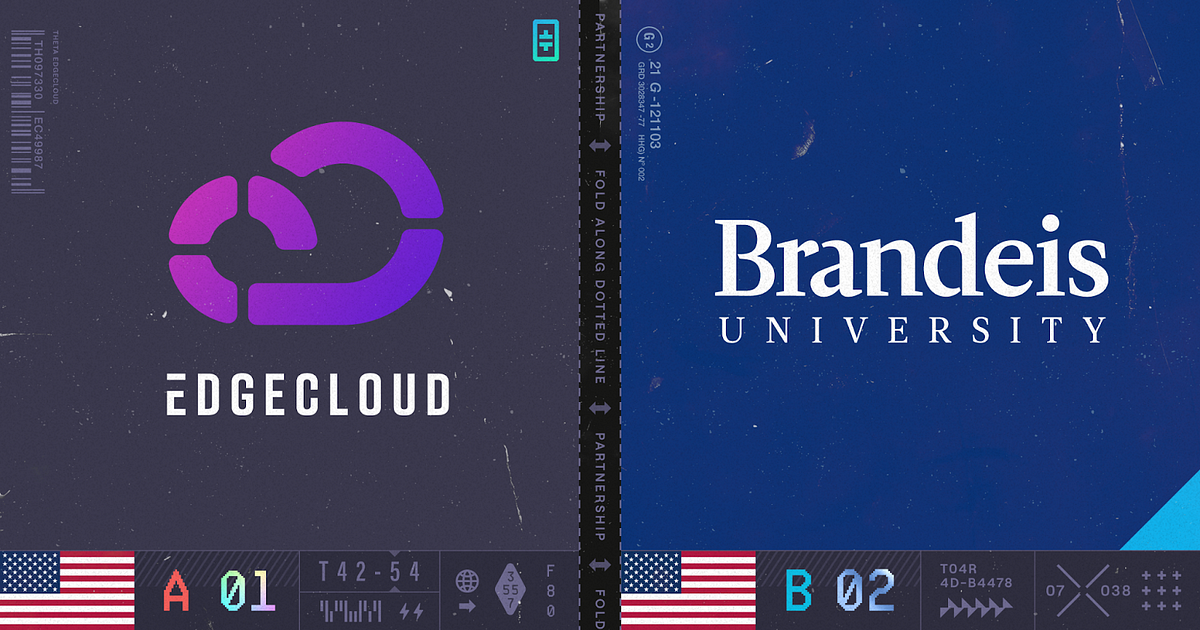Chain
Native
Token Price
$0.8255
Total Devices
5,885
Twitter Followers
272,081
THETA
$0.8240
$-0.04508(-5.187%)
Last 24 hours
Market Cap
$825,920,244
24h Trading Volume
$17,297,154
Circulating Supply
1,000,000,000
Fully Diluted Valuation
$823,867,482
DEX Liquidity
-
All Time High
$15.72
Theta Live Data
There are currently 5,885 active Theta devices. The average device cost is $101.5, and the estimated daily earnings are $0.05.At this rate, the break-even point will be reached in 1561 days.
Chart
Minable Devices
Device Map
Number of Devices
5,885
Number of Countries/Regions
119
THETA Markets
Exchange | Pair | Price | Spread | +2% Depth | -2% Depth | 24h Volume | Volume % | Last Updated | Trust Score |
|---|---|---|---|---|---|---|---|---|---|
 Binance | THETA/USDT | $0.8283 | 0.120627% | $108,797.102 | $166,787.813 | $3,213,439 | 17.384% | 2 hours ago | |
 HTX | THETA/USDT | $0.8223 | 0.170628% | $12,503.929 | $20,243.916 | $2,645,662 | 14.305% | an hour ago | |
 DigiFinex | THETA/USDT | $0.8221 | 0.092754% | $128,582.774 | $193,031.532 | $1,374,454 | 7.655% | an hour ago | |
 WhiteBIT | THETA/USDT | $0.8234 | 0.864242% | $13,813.248 | $40,226.548 | $1,295,017 | 7.202% | an hour ago | |
 CoinW | THETA/USDT | $0.8291 | 0.055402% | $102,912.709 | $78,992.251 | $970,603 | 5.360% | 2 hours ago | |
 Ourbit | THETA/USDT | $0.8232 | 0.603136% | $122,905.685 | $220,304.849 | $860,534 | 4.655% | 2 hours ago | |
 Hotcoin | THETA/USDT | $0.8232 | 0.120627% | $3,054.772 | $3,565.812 | $833,340 | 4.635% | 2 hours ago | |
 OKX | THETA/USDT | $0.8217 | 0.073117% | $51,576.663 | $65,978.557 | $578,560 | 3.144% | an hour ago | |
 Pionex | THETA/USDT | $0.8236 | 0.121507% | $88,991.408 | $190,179.351 | $514,824 | 2.790% | an hour ago | |
 Gate | THETA/USDT | $0.8217 | 0.17042% | $52,552.322 | $108,787.212 | $490,137 | 2.642% | 2 hours ago |
Fundraising
Learn More
Theta is a decentralized full-stack video delivery network.
Theta currently has 1,000,000,000 coins in circulation.
The market cap of THETA is $825,920,244.
The highest price paid for THETA is $15.72, which was recorded on Apr 16, 2021.
The trading volume of THETA is $17,297,154 in the last 24 hours.
The price of THETA today is $0.8255.
Theta News
View more
5 days ago
Theta Capital Management Raises $175 Million for Blockchain StartupsAmsterdam-based Theta Capital Management has successfully raised over $175 million for its latest fund-of-funds, Theta Blockchain Ventures IV, which is designed to support early-stage blockchain startups through specialized venture capital (VC) firms. Ruud Smets, managing partner and chief investment officer at Theta, emphasized that the new fund will invest in crypto-native VC firms known for their ability to back blockchain innovation. Smets highlighted the importance of specialization in the VC space, stating that dedicated crypto VCs have developed a competitive edge over generalist investors, particularly in the initial funding rounds. Since shifting its focus to digital assets in 2018, Theta has managed approximately $1.2 billion and has invested in prominent firms like Polychain Capital and CoinFund.
The launch of Theta Blockchain Ventures IV coincides with a resurgence in crypto venture capital, as reported by Galaxy Digital, which noted a 54% increase in VC investment in digital assets during the first quarter of 2025, totaling $4.8 billion. This uptick signals a renewed confidence in the crypto sector following a period of downturn. Despite a decline in the number of deals—405 completed in Q1 2025 compared to 670 in the same period last year—total funding more than doubled year-over-year, reaching $6 billion, up from $2.6 billion in Q1 2024. This indicates that while fewer deals are being made, the overall investment in the sector remains robust.
Furthermore, PitchBook's analysis revealed that the majority of the funding, approximately $2.55 billion, was directed towards asset management, trading platforms, and crypto financial services. Infrastructure and development firms also attracted significant investment, raising nearly $955 million. Web3-focused companies followed, securing $231.2 million across 23 deals. Additionally, the anticipated IPO of Circle is expected to be a pivotal moment for the crypto equity market, potentially influencing valuation expectations across the payments and infrastructure sectors. With $1.18 billion in VC funding raised so far, PitchBook estimates a 64% likelihood that Circle will go public, which could further invigorate the market.

6 days ago
Qubetics: The Next Crypto to Hit $1?As the digital asset market begins to recover from recent volatility, investors are shifting their focus from speculation to real-world utility and long-term adoption potential. One standout project gaining attention is Qubetics ($TICS), which positions itself as the world's first Web3 aggregator. By combining asset tokenization with a robust marketplace, Qubetics aims to convert physical and digital assets into tradable digital tokens, thus addressing one of blockchain's most pressing challenges. This innovative approach not only enhances accessibility to various asset classes but also empowers businesses and individuals to engage in seamless trading, making Qubetics a key player in the race to hit $1.
In addition to Qubetics, other tokens like Kaspa (KAS) and Theta (THETA) are also gaining traction. Kaspa utilizes a high-throughput blockDAG model to achieve rapid transaction speeds, making it a strong contender for decentralized technology. Meanwhile, Theta focuses on creating a decentralized content delivery network for video streaming, rewarding users who contribute bandwidth. Both projects are backed by passionate developer communities and are carving their own paths towards mass adoption, showcasing unique narratives that set them apart in the competitive crypto landscape.
The Qubetics presale is currently in its 35th stage, with over $17 million raised and a growing number of early adopters. The presale operates on a 7-day cycle, creating continuous price momentum ahead of the mainnet launch in Q2 2025. As the demand for Qubetics continues to rise, it is increasingly viewed as a leading candidate for the next crypto to hit $1, driven by its focus on real-world utility and strategic growth. With its innovative marketplace and cross-chain compatibility, Qubetics is not just another crypto project; it is a potential disruptor in the financial landscape, making it an attractive option for investors looking for long-term gains.

11 days ago
Crypto Market Resurgence: Theta, Gala, and PayFi Lead the ChargeThe crypto market is experiencing a resurgence, with notable gains in tokens like Theta, Gala, and Sandbox, which have reignited interest in the metaverse and GameFi sectors. Theta Network has seen a remarkable 37% price increase, buoyed by a partnership with Nanyang Technological University to develop EdgeCloud AI infrastructure. This collaboration aims to enhance decentralized video streaming and NFT platforms, positioning Theta as a leader in AI-powered Web3 services. Despite a slight price correction, the overall trend remains bullish, reflecting growing investor confidence.
Gala Games is also riding a wave of optimism, with its token GALA surging nearly 47% following a high-profile partnership with the White House to create a Web3-based Easter Egg Hunt game set for 2025. This unexpected collaboration has not only boosted GALA's price but also sparked interest in the GameFi sector, leading to a broader uplift in the crypto market. The sustained gains and high buying interest indicate a strong recovery and renewed enthusiasm among investors, showcasing Gala's potential for mainstream adoption.
Amidst these developments, PayFi is emerging as a transformative force in the crypto landscape. Platforms like Remittix are redefining cross-border payments by enabling instant crypto-to-fiat transfers without requiring users to have extensive crypto knowledge. With support for over 50 crypto pairs and a user-friendly interface, PayFi is poised to revolutionize real-world finance. As the crypto market continues to evolve, the focus on practical innovations like PayFi suggests that 2025 could mark a significant shift toward mainstream adoption of blockchain technology in everyday financial transactions.

11 days ago
Exploring the Growth of RWAs, DePINs, and DeAI in 2025In May 2025, the tokenization of real-world assets (RWAs) has surged, reaching a valuation of $22.5 billion, with projections suggesting it could hit $50 billion by the end of the year. This growth is largely attributed to the increasing integration of decentralized finance (DeFi) with traditional financial assets, such as real estate and government bonds. Notably, institutional investors like BlackRock and Goldman Sachs are playing a pivotal role in this expansion. The U.S. Securities and Exchange Commission (SEC) has also shown a commitment to this sector by hosting a tokenization roundtable, signaling a positive regulatory environment for RWAs. Analysts predict that the RWA market could grow to a staggering $10 trillion by 2030, highlighting its potential to dominate the crypto landscape in the coming years.
Alongside RWAs, the Decentralized Physical Infrastructure Networks (DePIN) market is projected to reach $3.5 trillion by 2028. DePIN aims to revolutionize physical infrastructure by utilizing blockchain technology to create decentralized networks for computing, storage, and connectivity. This innovative approach could disrupt various industries, including telecommunications and IoT. Leading projects such as Theta Network and Akash Network are at the forefront, providing cost-effective solutions for AI workloads and IoT applications. The growing interest in decentralized energy grids and smart cities further emphasizes the importance of DePINs in the evolution of Web3.
The Decentralized Artificial Intelligence (DeAI) sector is also on the rise, merging blockchain with AI to foster transparent and censorship-free ecosystems. With the AI and RWA crypto token market already valued at over $65 billion, DeAI is poised for significant growth, driven by advancements in decentralized computing. Platforms like SingularityNET and Fetch.ai are leading the way in creating decentralized AI models. The interconnectedness of RWAs, DePINs, and DeAI suggests a synergistic relationship that could redefine the future of the crypto cycle in 2025, provided that challenges such as scalability and regulatory hurdles are effectively addressed.

17 days ago
Xangle Joins Theta Network as Enterprise Validator, Enhancing Blockchain InfrastructureOn the 9th, blockchain infrastructure corporation Xangle announced its entry into the global blockchain mainnet Theta Network as an enterprise validator. Theta Network is renowned for providing decentralized cloud infrastructure tailored for sectors such as artificial intelligence (AI), media, sports, and entertainment. It boasts a robust framework supported by over 30,000 distributed edge nodes worldwide, ensuring efficient operation and governance. The network has garnered strategic investments from notable entities including Samsung Next, Sony Innovation Fund, Bertelsmann Digital Media Investments, and Creative Artists Agency (CAA), with global giants like Google, Samsung, and Binance also participating as enterprise validators.
As part of its commitment to the Theta ecosystem, Xangle will stake a total of 200,000 Theta (THETA) tokens, significantly enhancing network security and governance as a validator node. The company aims to actively contribute to the expansion of the decentralized physical infrastructure network (DePIN) and the AI ecosystem that Theta promotes. Founded in 2018, Xangle has established itself as a leading web3 infrastructure service provider and research platform in Korea, offering community hubs, blockchain explorers, and comprehensive web3 industry analysis reports. It has also served as a validator for various global projects, including Aptos, Babylon, 0G, and Initia.
Lee Hyun-woo, co-CEO of Xangle, expressed enthusiasm about the partnership, stating, "We are very pleased to be listed as an enterprise validator alongside Google, Samsung, and CAA through our strategic partnership with Theta." He emphasized that staking in Theta's validator network aligns perfectly with Xangle's mission to enhance trust, decentralization, and transparency in layer 1 blockchains. Mitch Liu, co-founder and CEO of Theta Network, echoed this sentiment, highlighting Xangle's strengths in blockchain analysis and ecosystem development, and anticipating significant synergies in promoting Theta (THETA) and Theta Fuel (TFUEL), along with enhancing the overall security and scalability of the Theta blockchain.

21 days ago
Theta Network Partners with Brandeis University to Enhance AI ResearchTheta Network has announced a significant partnership with the Liu Lab at Brandeis University, led by Professor Hongfu Liu, to utilize Theta EdgeCloud for enhancing machine learning (ML) and artificial intelligence (AI) research. This collaboration marks a pivotal moment for Theta as it solidifies its position as a leader in decentralized GPU infrastructure for academic research. The Liu Lab joins a prestigious list of institutions, including Stanford University and Seoul National University, that are leveraging EdgeCloud’s hybrid GPU capabilities to boost productivity in AI research. By integrating these decentralized resources, the lab can access scalable and high-performance computing power, which is crucial for advancing their research initiatives in data-centric learning and clustering analysis.
Professor Liu emphasized the benefits of this integration, stating that the flexibility and cost-effectiveness of Theta EdgeCloud allow their team to focus on innovative research projects without the burden of managing extensive computational resources. The lab's research primarily revolves around data-centric learning, which prioritizes the quality and diversity of training data over mere algorithm refinement. This approach is essential for developing reliable and fair machine learning models, as it ensures that the datasets used are well-annotated and representative of real-world scenarios. The Liu Lab's ongoing studies in this domain include various applications such as noisy label correction and active learning, showcasing the breadth of their research capabilities.
Theta EdgeCloud’s decentralized infrastructure not only empowers the Liu Lab but also supports a wider academic community by providing on-demand, high-performance computing resources. This initiative allows researchers to dynamically allocate resources, optimizing both performance and cost for large-scale projects. As Theta Network continues to partner with leading institutions, it aims to facilitate groundbreaking research in AI and machine learning, ensuring that researchers can focus on their work without the constraints of traditional computing limitations. This collaboration represents a significant step forward in making advanced AI research more accessible and efficient for academic institutions worldwide.
Signup for latest DePIN news and updates


















Social
Impressions
4,341,233
Engagement
74,183
Mindshare
0.75%